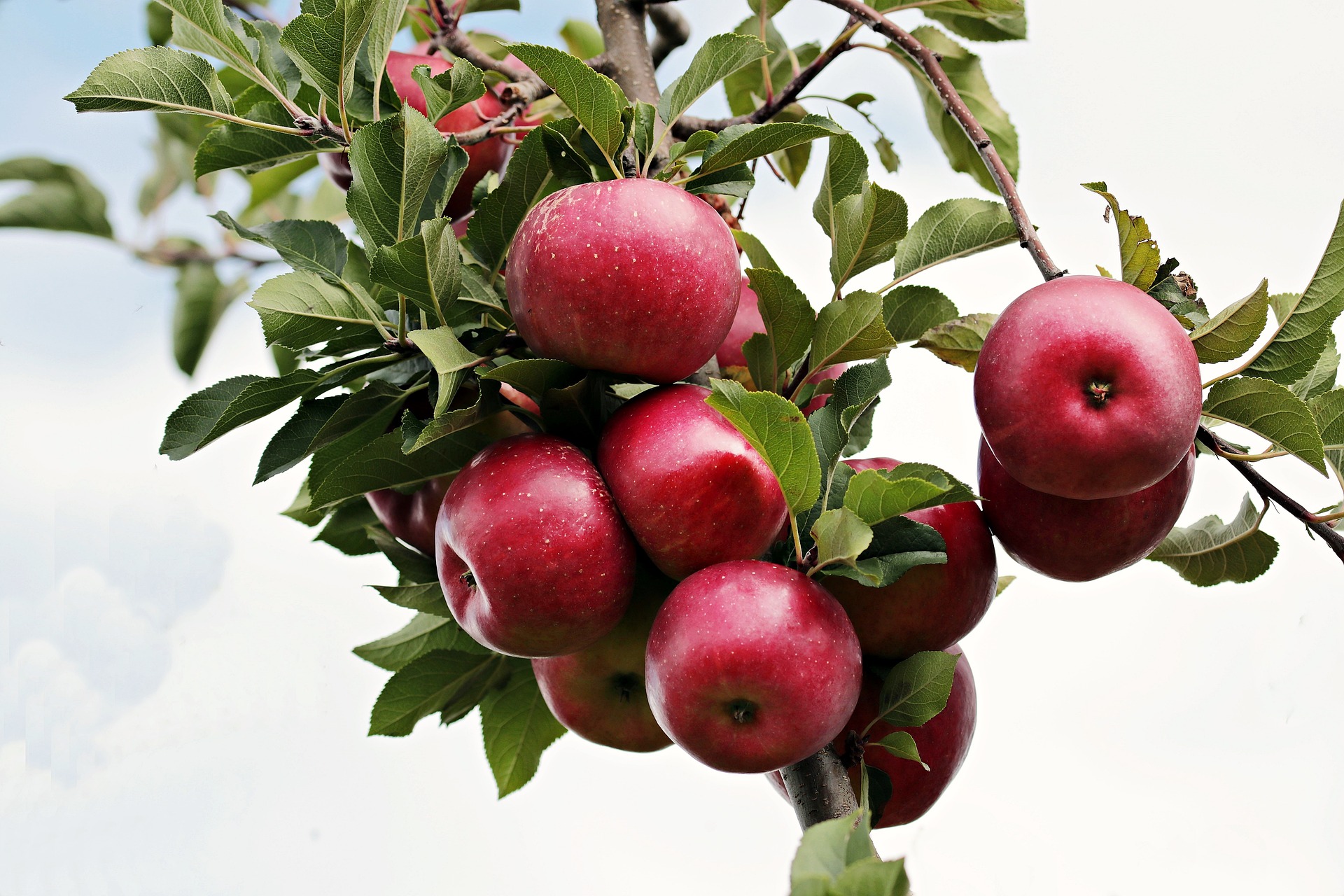South African fresh produce markets (FPMs) have long been the bedrock of agricultural trade, fostering connections between producers and consumers while bolstering economic vitality. Beginning as centralized hubs under governmental oversight, these markets have evolved into essential public infrastructure crucial for food security and local economic development (LED). Despite facing challenges, they remain resilient, driving significant contributions to the economy and society.
Originally conceived as meeting points for producers and consumers, South Africa’s 23 national fresh produce markets (NFPMs) have expanded their reach, serving towns and their surrounding areas. In 2019 alone, NFPMs facilitated the sale of an impressive 3,4 million tons of fresh fruits and vegetables, generating a substantial turnover of R17 billion. This enduring legacy underscores the significance of NFPMs in the nation’s agricultural ecosystem.
NFPMs are not merely transactional spaces; they are economic engines driving growth and prosperity. Their pivotal role in national and household food security cannot be overstated. By providing a platform for farmers to sell their produce efficiently, NFPMs ensure a steady supply of fresh food to both urban and rural communities. Moreover, the economic ripple effect extends beyond agriculture, as NFPMs stimulate job creation and foster inclusivity within the sector.

Despite their resilience, NFPMs face challenges that demand attention. Issues such as infrastructure inadequacies, logistical bottlenecks, and market inefficiencies pose significant hurdles. However, within these challenges lie opportunities for innovation and improvement. Modernizing infrastructure, streamlining processes, and embracing technology can enhance the efficiency and competitiveness of NFPMs, unlocking their full potential.
South Africa’s fresh produce markets stand as testaments to the enduring power of agricultural trade. From humble beginnings as meeting places to vital pillars of economic growth, NFPMs have weathered storms and adapted to changing landscapes. As we navigate the complexities of the modern agricultural sector, let us recognize and nurture the invaluable role of NFPMs in securing food, fostering economic development, and promoting inclusivity. Through strategic investment and collaborative efforts, we can ensure that these markets continue to thrive, serving as beacons of prosperity for generations to come.
References:
National Agricultural Marketing Council (NAMC). (2020). Fresh Produce Market Trends 2020.
Republic of South Africa. (2019). The National Fresh Produce Market Strategy 2019 – 2024.
Statistics South Africa. (2020). Gross Domestic Product, 2nd Quarter 2020.
For more information go to https://apacweb.org.za/









